The world continues to see the emergence of more children with genius-level IQs. Notably, in 2022-2023, international media continuously reported on two British-Chinese boys - Adrian Li and Daniel Yang - with IQs of 162.
This is the highest IQ score in IQ tests of children under 18 years old. This result shows that the IQ of the two boys is as high as that of the genius physicist Albert Einstein (1879-1955).
Many people are curious about what the future holds for prodigies like Li and Yang. Will they create groundbreaking achievements in research and innovation?
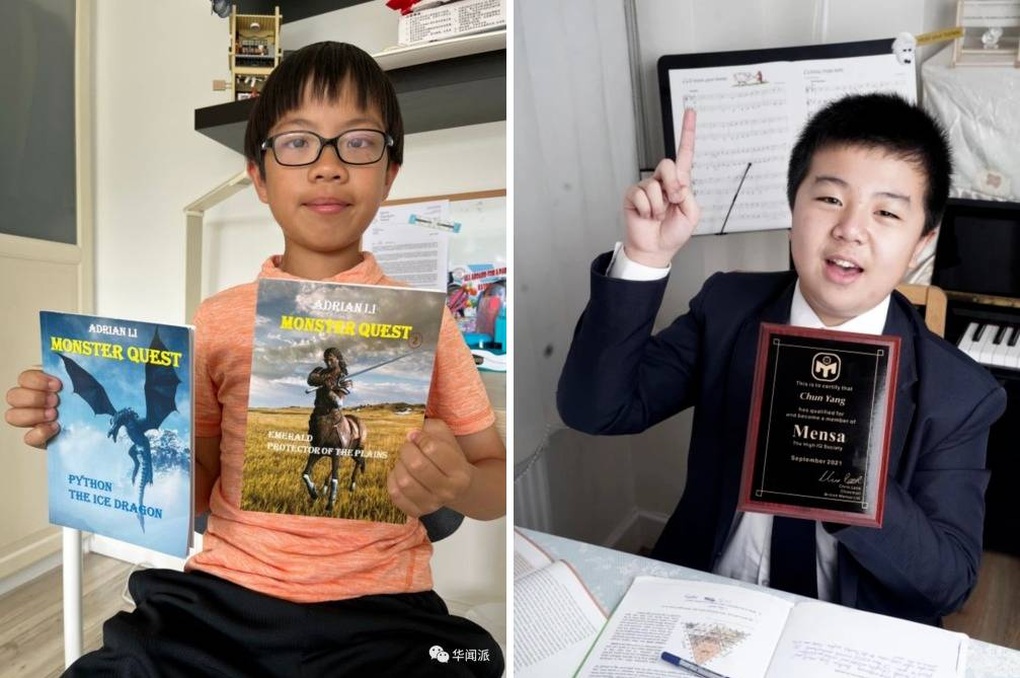
Adrian Li (left) and Daniel Yang (right) achieved the maximum score (162) when taking the Mensa IQ test for children under 18 years old (Photo: Guancha).
Mensa - an association for the top 2% of people with the highest IQs in the world - was founded in 1946 in Oxford (UK). Therefore, this association has an answer based on real observations of the lives of geniuses.
In fact, many people who were once considered child prodigies because of their unusually high IQs have lived very normal lives in adulthood.
For example, the case of Christopher Guerin (34 years old) from Birmingham (UK). In 2002, at the age of 12, Guerin also attracted attention when he achieved an IQ score of 162 and joined the prestigious Mensa association.
Christopher now has three master's degrees, including one from Cambridge University. He is also pursuing a doctorate. Despite this, Guerin has chosen a fairly modest job, working as an assistant principal at a secondary school.
Another case is Arran Fernandez (29 years old), he is also assessed to have a "high" IQ and passed the mathematics exam at Cambridge University (UK) when he was only 15 years old. Fernandez has always achieved excellent results in his studies, and is now an associate professor of mathematics at a university.
Meanwhile, child prodigy Jocelyn Lavin passed the entrance exam to Chetham's Academy of Music (UK) at the age of 10, but encountered many difficulties in her adult life.
As a child, Lavin always achieved impressive results very easily, so when faced with the limitations of her learning capacity and problem-solving skills in adulthood, Lavin did not know how to cope, she fell into a crisis starting from university.
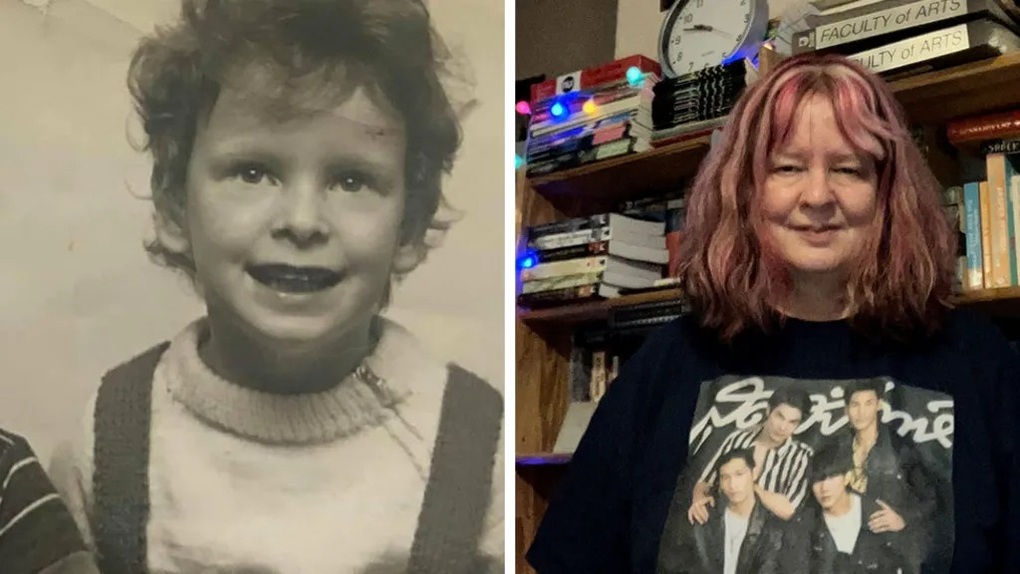
Jocelyn Lavin as a child and now (Photo: Guancha).
After that, Lavin also continuously “job-hopped”. She encountered many difficulties in the process of finding a job because her different way of thinking made many employers feel apprehensive about her ability to cooperate and work in a team.
Lyn Kendall, Mensa’s expert in child prodigies, says that what prodigies have in common is a strong drive and a desire to learn. However, she is also frank in saying that raising prodigies is not easy.
“Many parents feel exhausted, even their marriages are in crisis, because they find it difficult to keep up with the pace of their children’s development. The pressure of raising gifted children is enormous,” said Ms. Kendall.
Britisheducation expert Wendy Berliner added that the decisive factor for long-term success is not IQ, but personality, specifically perseverance, initiative and a desire to learn.
Without these traits, child prodigies can still fail in their studies, work, and life when they grow up.
Source: https://dantri.com.vn/giao-duc/tai-sao-cac-than-dong-lai-co-cuoc-song-binh-thuong-o-tuoi-truong-thanh-20250609072203553.htm


![[Photo] General Secretary To Lam works with Lam Dong, Binh Thuan and Dak Nong provinces](https://vphoto.vietnam.vn/thumb/1200x675/vietnam/resource/IMAGE/2025/6/11/c3e736d90cda4fe78f96c9bfb68d4e0b)





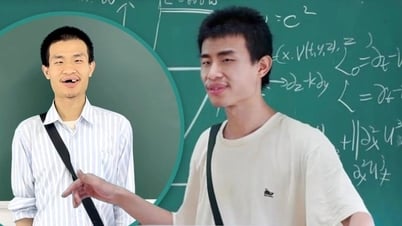

























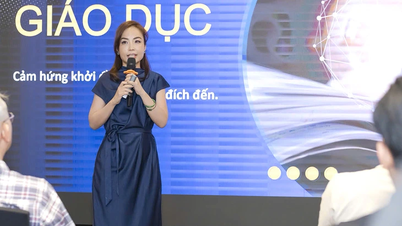
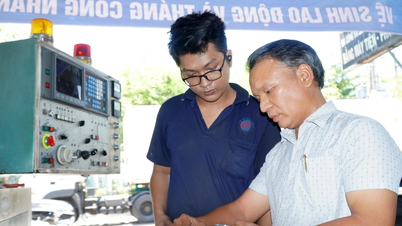




















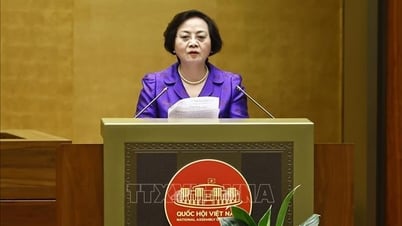





































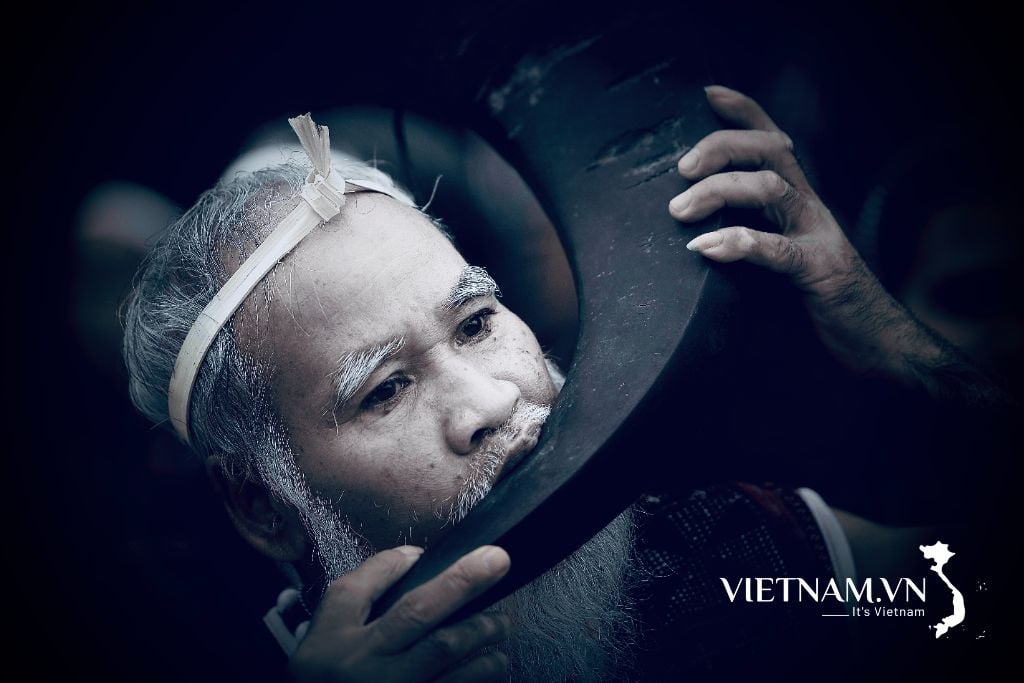


Comment (0)